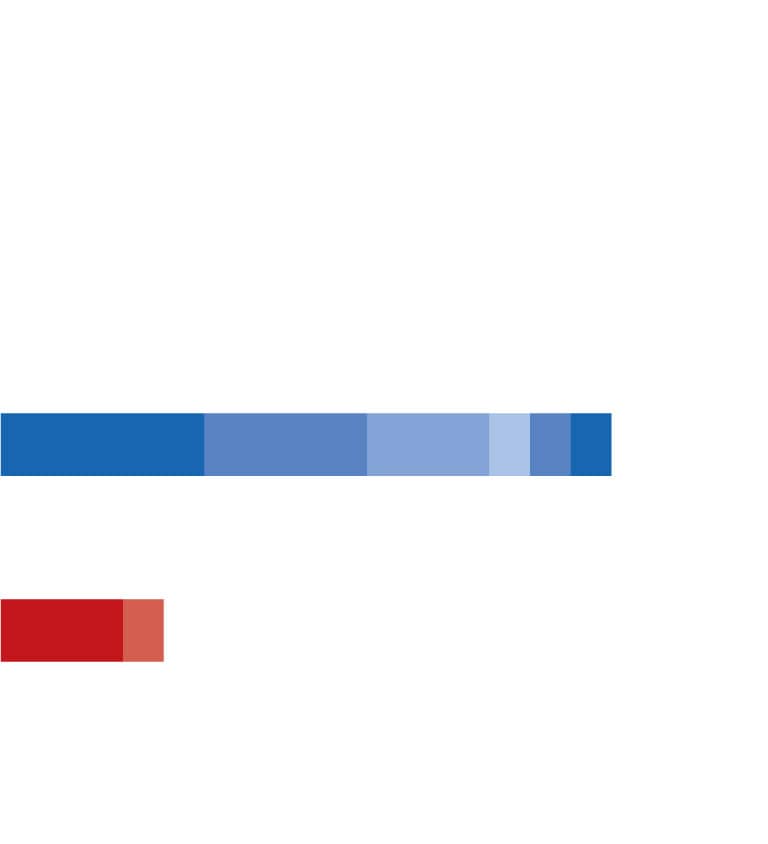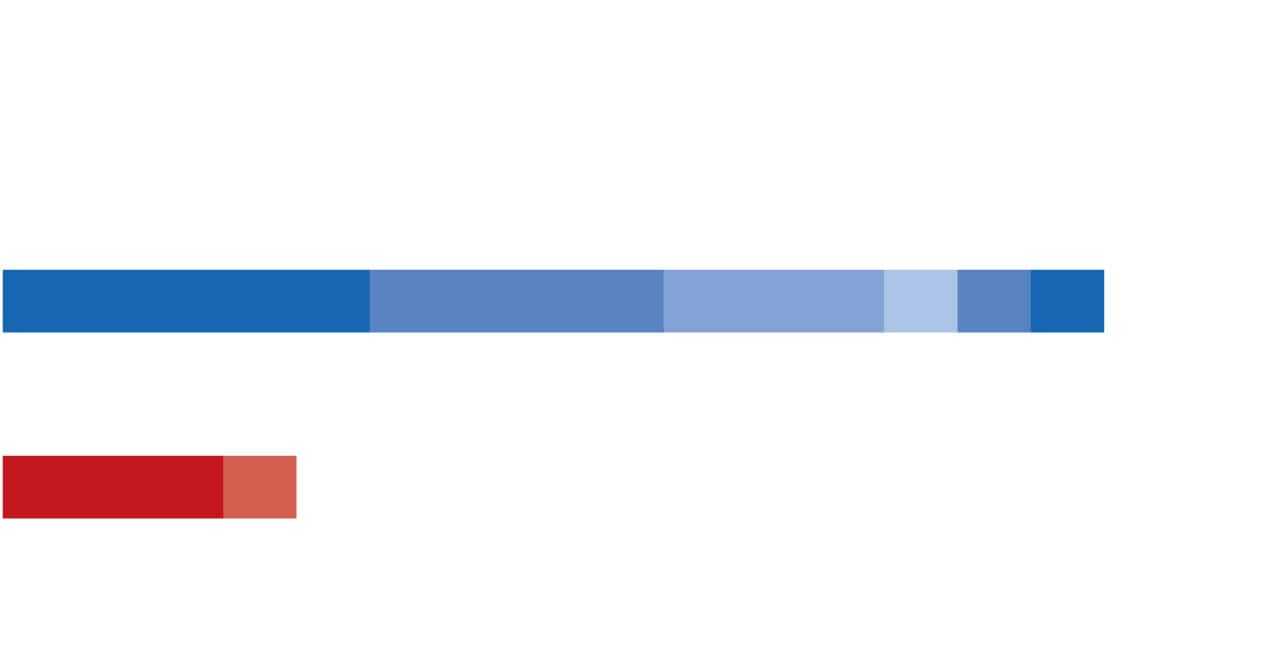Sam Wang, a professor of neuroscience at Princeton University, directs the Electoral Innovation Lab.
Republicans’ Supreme Court argument on redistricting could backfire
Petitioner Timothy Moore is speaker of the GOP-controlled General Assembly in North Carolina, where earlier this year the state Supreme Court overturned the legislature’s redistricting plans as “unlawful partisan gerrymanders.” Appealing that ruling, Moore and fellow legislators cite what has become known as the independent state legislature doctrine, or ISL — a theory based on the elections clause of the U.S. Constitution, which says, in part, “The Times, Places and Manner of holding Elections for Senators and Representatives, shall be prescribed in each State by the Legislature thereof.” This sentence has long been understood to mean that the legislature passes state election laws, but — like other laws — they must be consistent with state constitutions and can be overturned by court review or a governor’s veto. ISL proponents read it as giving sole authority to the legislature, removing one or more of the usual checks on runaway legislative power.
But if the Republicans win in the U.S. Supreme Court, the result on a national scale would almost certainly benefit Democrats. Why? Because outside North Carolina, only swing states and blue states have curbed partisan gerrymandering. In Pennsylvania, New York, Connecticut, Minnesota, New Hampshire, Wisconsin and Virginia, this was done through the intervention of governors or voting-rights-minded state courts; in Arizona, California, Michigan and Colorado, citizen initiatives gave redistricting authority to independent commissions.
One way to see the Democrats’ likely advantage: In the 2020 presidential election, the 12 states where districts were drawn by courts or independent commissions gave 184 electoral votes to Joe Biden and only 15 electoral votes (those from North Carolina) to Donald Trump.

Who gains under the independent state legislature theory
If the affected state legislatures had had absolute authority to draw districts before the Nov. 8 election, Democrats would have gained more seats than Republicans.
Republicans
Source: Author’s calculations based on data and
partisan voting estimates from Dave’s Redistricting
App and FiveThirtyEight’s Atlas of Redistricting.
THE WASHINGTON POST

Who gains under the independent state legislature theory
If the affected state legislatures had had absolute authority to draw districts before the Nov. 8 election, Democrats would have gained more seats than Republicans.
Republicans
Source: Author’s calculations based on data and partisan voting
estimates from Dave’s Redistricting App and
FiveThirtyEight’s Atlas of Redistricting.
THE WASHINGTON POST

Who gains under the independent state legislature theory
If the affected state legislatures had had absolute authority to draw districts before the Nov. 8 election, Democrats would have gained more seats than Republicans.
Republicans
Source: Author’s calculations based on data and partisan voting estimates from Dave’s Redistricting App
and FiveThirtyEight’s Atlas of Redistricting.
THE WASHINGTON POST
A win for Moore would potentially unleash all those states to redistrict at will. In contrast, in 19 states where Republicans already have legislative control of redistricting, many partisan gains are maxed out, and nothing would change.
The Supreme Court has at least three options for interpreting the independent state legislature theory in a logically consistent manner: The justices could say that courts cannot use state constitutions to intervene, they could invalidate independent commissions, or they could take away the governor’s veto power over election laws. The Supreme Court has already declined to consider a case involving the third interpretation. We gamed out the other two by examining extreme partisan possibilities in each state. In both interpretations the conclusions were similar: Election maps completely controlled by state legislatures would change the overall balance of congressional seats in Democrats’ favor.
The first interpretation could potentially liberate several Democratic states to gerrymander by removing state court authority. For example, in April, a New York state court used anti-gerrymandering provisions in its state constitution to throw out a Democratic-drawn map that, based on our analysis of past voting patterns, could be expected to consistently elect 19 Democrats and seven Republicans to the House. The court-approved replacement map made five of the Democratic seats competitive, and four of these went Republican in the Nov. 8 election. If the Moore litigants win, New York and Maryland, where a second pro-Democratic map was overturned, would surely waste no time in restoring gerrymanders.
Democrats would also gain power if independent citizen commissions were struck down. In 2010, citizens gave an independent commission power over congressional redistricting in deep-blue California, with the support of then-Gov. Arnold Schwarzenegger, a Republican. Since then, Michigan and Colorado, two states now controlled by Democrats, have also formed independent commissions. Striking down these three commissions would give Democrats the ability to draw themselves up to a dozen additional seats.
Legal scholars both liberal and conservative have come out against the independent state legislature doctrine — some expressing concerns that the doctrine might embroil federal courts in endless lawsuits concerning future elections. Proponents of the theory are hoping to find a receptive audience in a reactionary and increasingly activist Supreme Court. But if the court steps back from taking this aggressive step, it will confound critics — and Republicans should consider themselves lucky.






